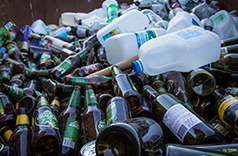Household hazardous waste disposal in Northern Tasmania
Are you spring cleaning ready for summer & have old chemicals in your garden shed or laundry cupboard?
Free household hazardous waste drop off – 16th and 17th September 2017
The drop off is an unregistered service for all residents of northern Tasmania including the Break O Day, Dorset, George Town, Launceston, Meander Valley, Northern Midlands and West Tamar areas, for domestic quantities of household chemicals.
When and Where
9:00am – 4:00pm on 16 September 2017 at the Launceston Waste Centre, recycling shed.
10.00am – 11:30am on 17 September 2017 at the Exeter Waste Transfer Station, Biloo St
1:30pm – 3:30pm on 17 September 2017 at the Longford Waste Transfer Station ,291 Marlborough St.
Chemicals accepted include:
• Solvents and household cleaners
• Floor care products
• Ammonia-based cleaners
• Pesticides and herbicides
• Poisons
• Pool chemicals
• Hobby chemicals
• Acids and alkalis
Chemicals NOT accepted include:
• Motor oil
• Asbestos
• Pharmaceuticals
• Farm vet chemicals
• Fire extinguishers
• Ammunition & explosives
• Chemicals from commercial businesses
Download our poster to promote these free drop-off events in your workplace, school or community group:

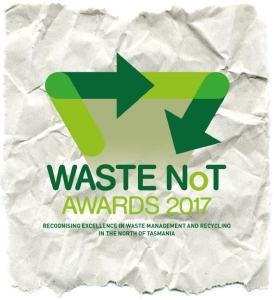
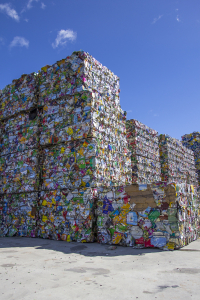 Putting recyclable materials, like bottles or cans, and rubbish in the appropriate bins are just the first step in the safe management of our waste. Some recyclable items will even be converted into new products and materials like newspapers, drinking bottles, or even planes and cars!
Putting recyclable materials, like bottles or cans, and rubbish in the appropriate bins are just the first step in the safe management of our waste. Some recyclable items will even be converted into new products and materials like newspapers, drinking bottles, or even planes and cars!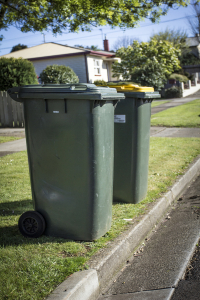
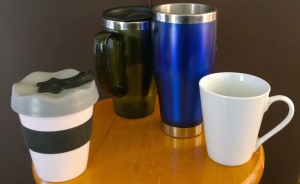
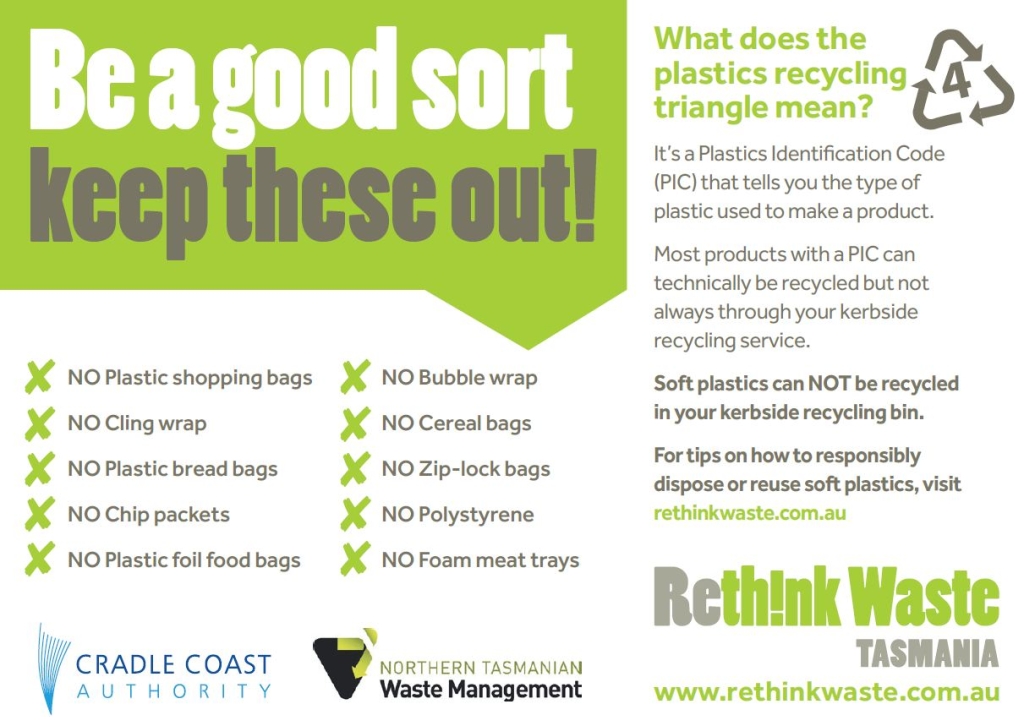
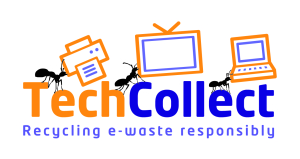
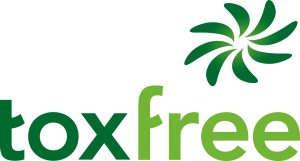
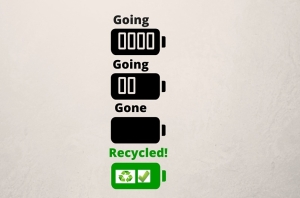
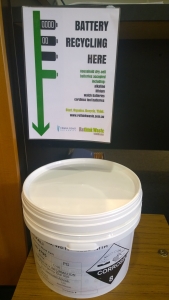 hem in the special bins provided.
hem in the special bins provided.